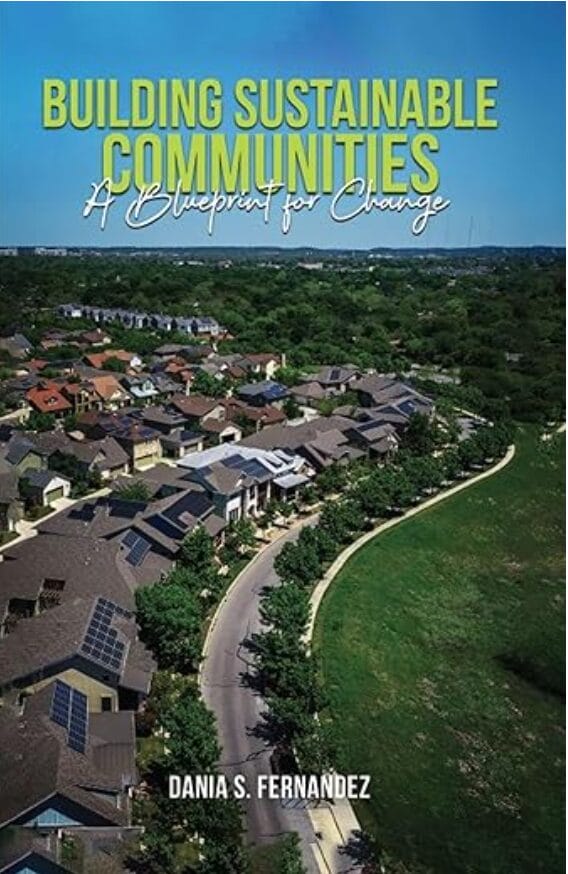
In most cases, the division between what is public and private is clear. If you live in a single-family home with a pool in your backyard or a basketball hoop in your driveway, those are clearly private spaces. However, shared residential spaces, especially those at many condo associations, can blur the lines between what is public and private.
Why It Matters
One of the main reasons it’s important to know if your Association’s pool and other recreation areas are actually public has to do with how ADA laws apply to your HOA. The Americans with Disabilities Act is designed to make sure that people with disabilities are allowed full and equal access to public spaces and services. Your classification as either public or private dictates whether or not your HOA has an obligation to comply with ADA standards.
Not being aware of spaces controlled by your HOA that are required to be in compliance with the ADA opens your association up to potential discrimination claims.
Status is Determined by Rules for Use
In most cases, pools and recreation areas controlled by an HOA will fall into the private category. Let’s go over some of the most common situations that would make your spaces public for the purposes of the ADA.
- Allowing non-residents to purchase passes to use your pool, gym, tennis courts, or other recreation areas.
- Having amenities that are easily accessible to the public without proper signage identifying them as being for resident-use only.
- Hosting swim team practices or meets at your HOA pool. The same goes for hosting tennis tournaments or regular practices.
If any of these apply to your HOA, you will need to make sure you are within the legal ADA compliance requirements for any area that is used by the public.
For help determining how to bring your HOA into compliance where required, please give my office a call at 305-254-4492.

